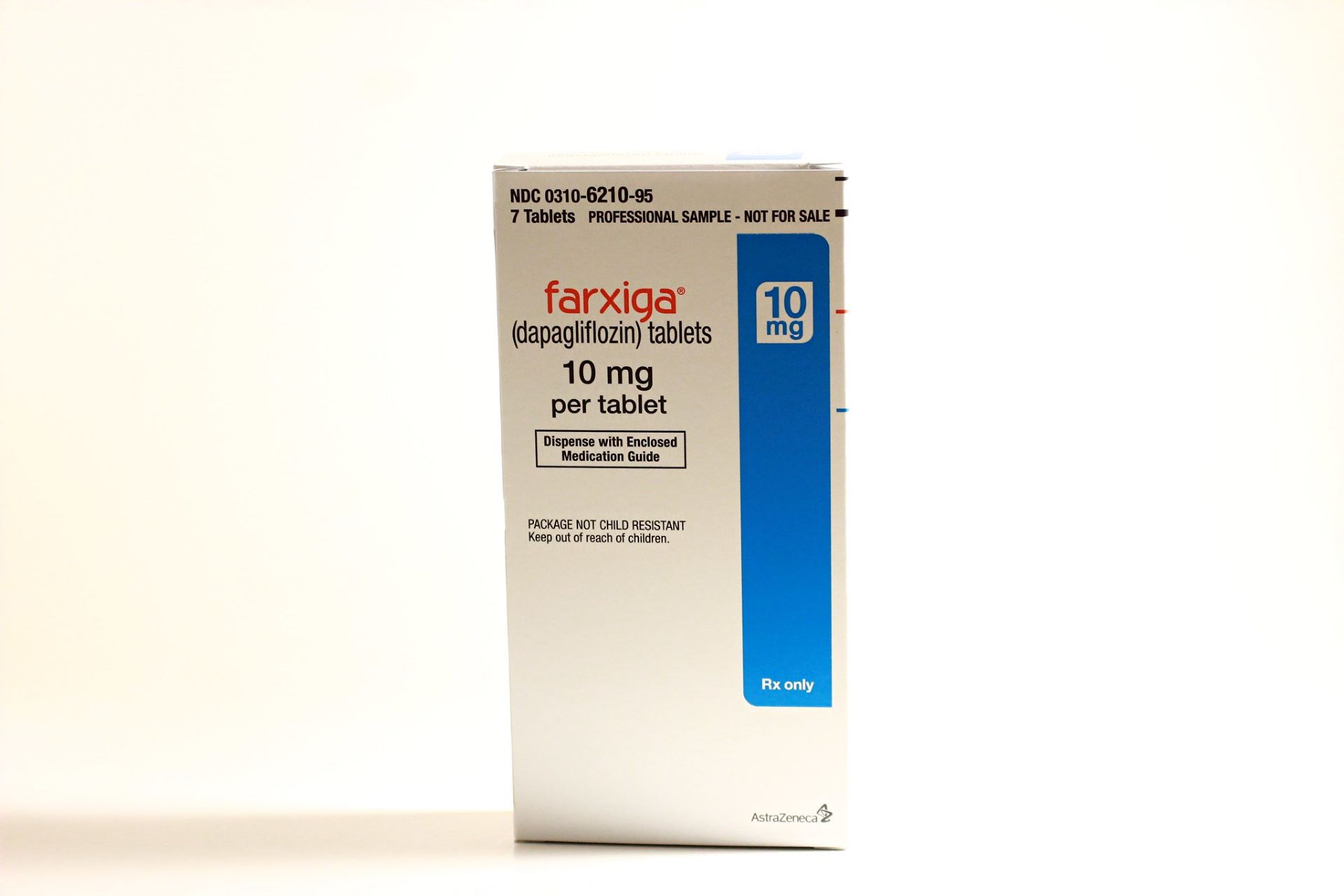
The US Food and Drug Administration (FDA) has approved AstraZeneca’s Farxiga (dapagliflozin) for treating chronic kidney disease (CKD) in patients who are at the risk of progression with and without type-2 diabetes.
Farxiga can be used for lowering the risk of sustained estimated glomerular filtration rate (eGFR) decline, end-stage kidney disease (ESKD), cardiovascular (CV) death and hospitalisation for heart failure (hHF) in CKD patients.

Discover B2B Marketing That Performs
Combine business intelligence and editorial excellence to reach engaged professionals across 36 leading media platforms.
An oral, once-daily sodium-glucose cotransporter 2 (SGLT2) inhibitor, Farxiga was granted priority review in the US for treating CKD patients in January this year.
The latest approval is based on positive data from the DAPA-CKD Phase III trial.
Data from this trial showed that Farxiga along with standard-of-care treatment provided a 39% reduction in the risk of worsening of renal function, ESKD onset, or risk of CV or renal death, the primary composite endpoint, versus placebo in stage 2-4 CKD patients with high urinary albumin excretion.
An angiotensin-converting enzyme inhibitor or an angiotensin receptor blocker were administered as standard-of-care treatment.

US Tariffs are shifting - will you react or anticipate?
Don’t let policy changes catch you off guard. Stay proactive with real-time data and expert analysis.
By GlobalDataFurthermore, the absolute risk reduction (ARR) was 5.3% for a median time of 2.4 years while Farxiga also lowered the relative risk of death from any complication by 31% versus placebo.
AstraZeneca BioPharmaceuticals R&D executive vice-president Mene Pangalos said: “Today’s approval is the most significant advancement in the treatment of chronic kidney disease in more than 20 years.
“We’ve shown impressive efficacy for Farxiga in type-2 diabetes, heart failure with reduced ejection fraction and, most recently, chronic kidney disease and we are thrilled to be able to bring this medicine to millions of patients in the US.”
In another development, the US FDA has accepted the supplemental Biologics License Application of Bristol Myers Squibb for Opdivo (nivolumab) as adjuvant treatment for patients with surgically resected, high-risk muscle-invasive urothelial carcinoma.
The latest filing is based on results from the CheckMate -274 trial of Opdivo.
According to data from this trial, Opdivo showed a statistically significant and clinically meaningful increase in disease-free survival (DFS) compared to placebo irrespective of PD-L1 expression levels of the patient.




